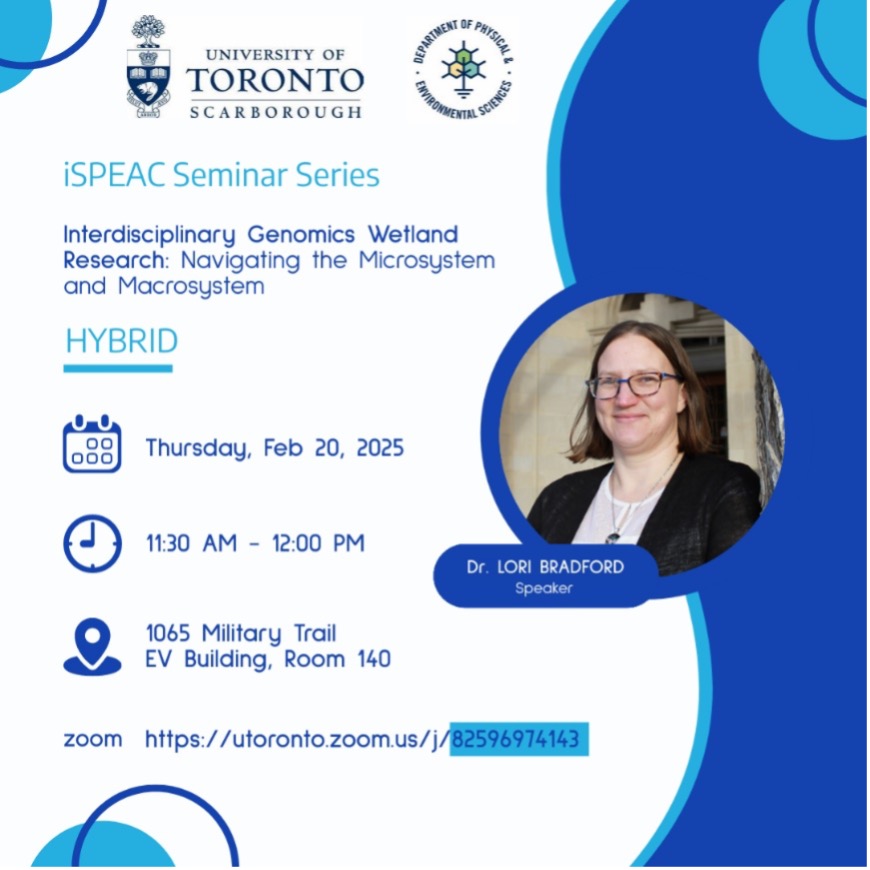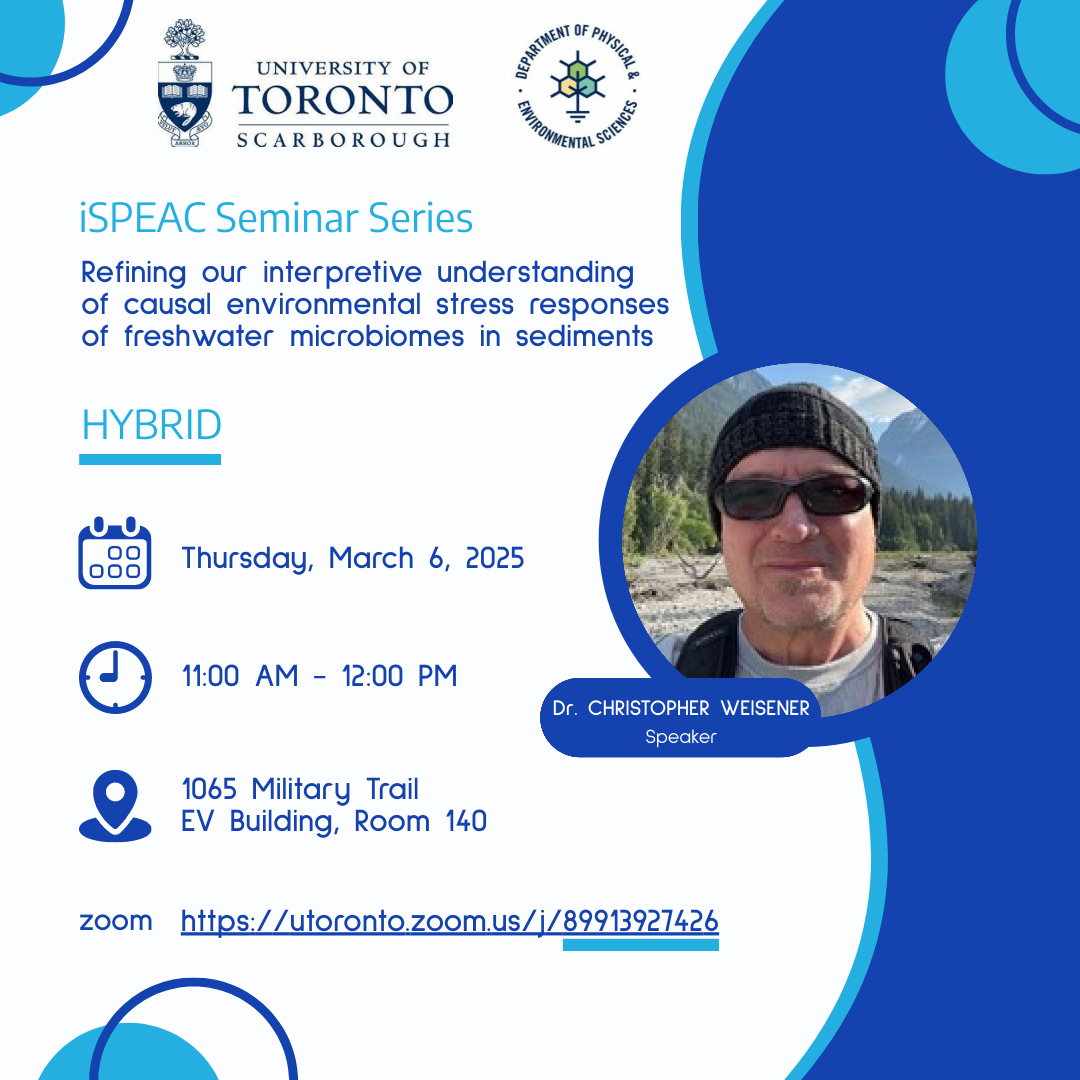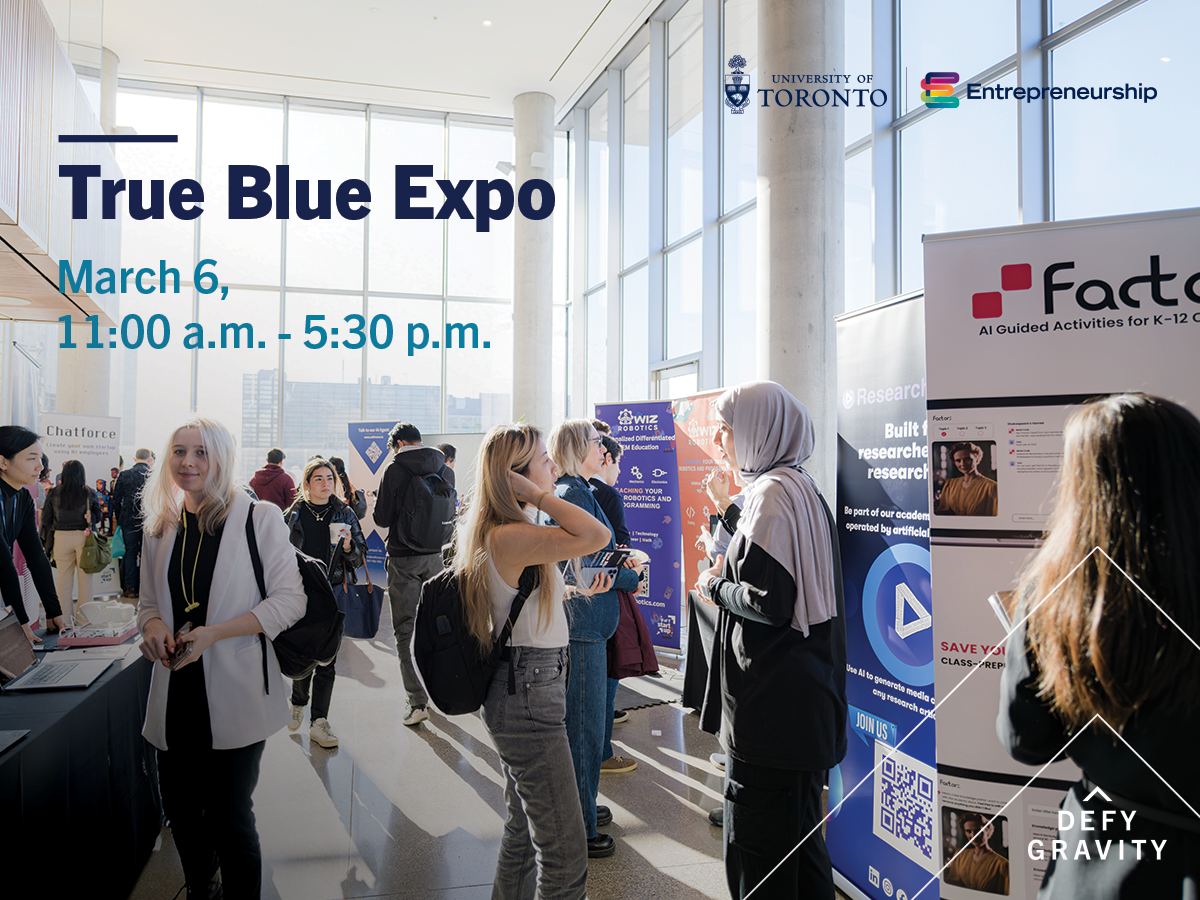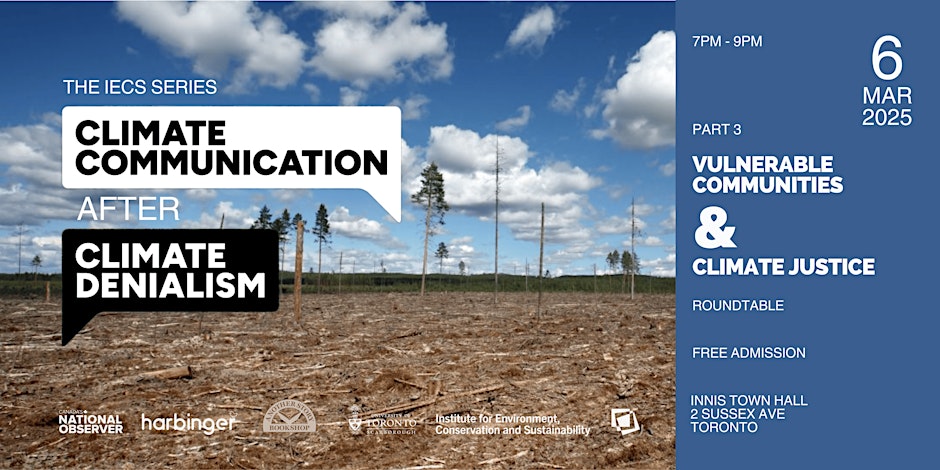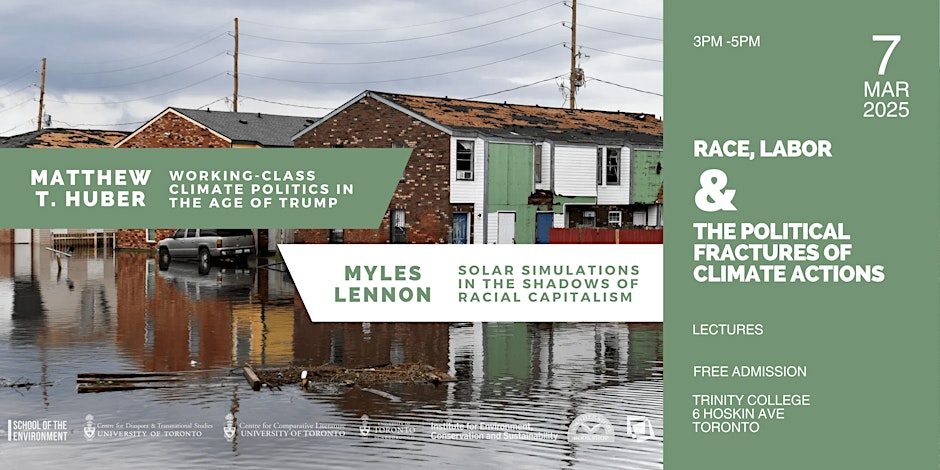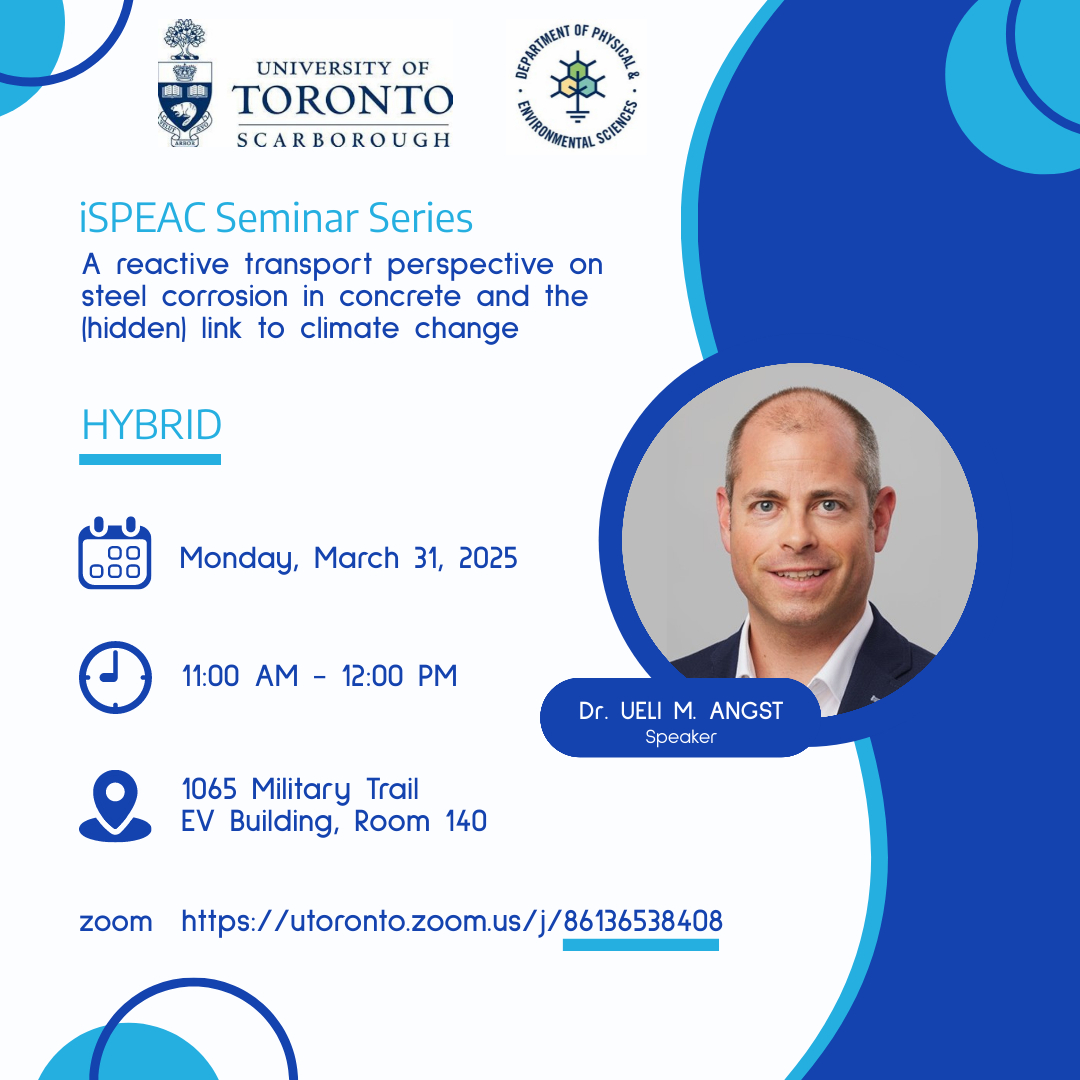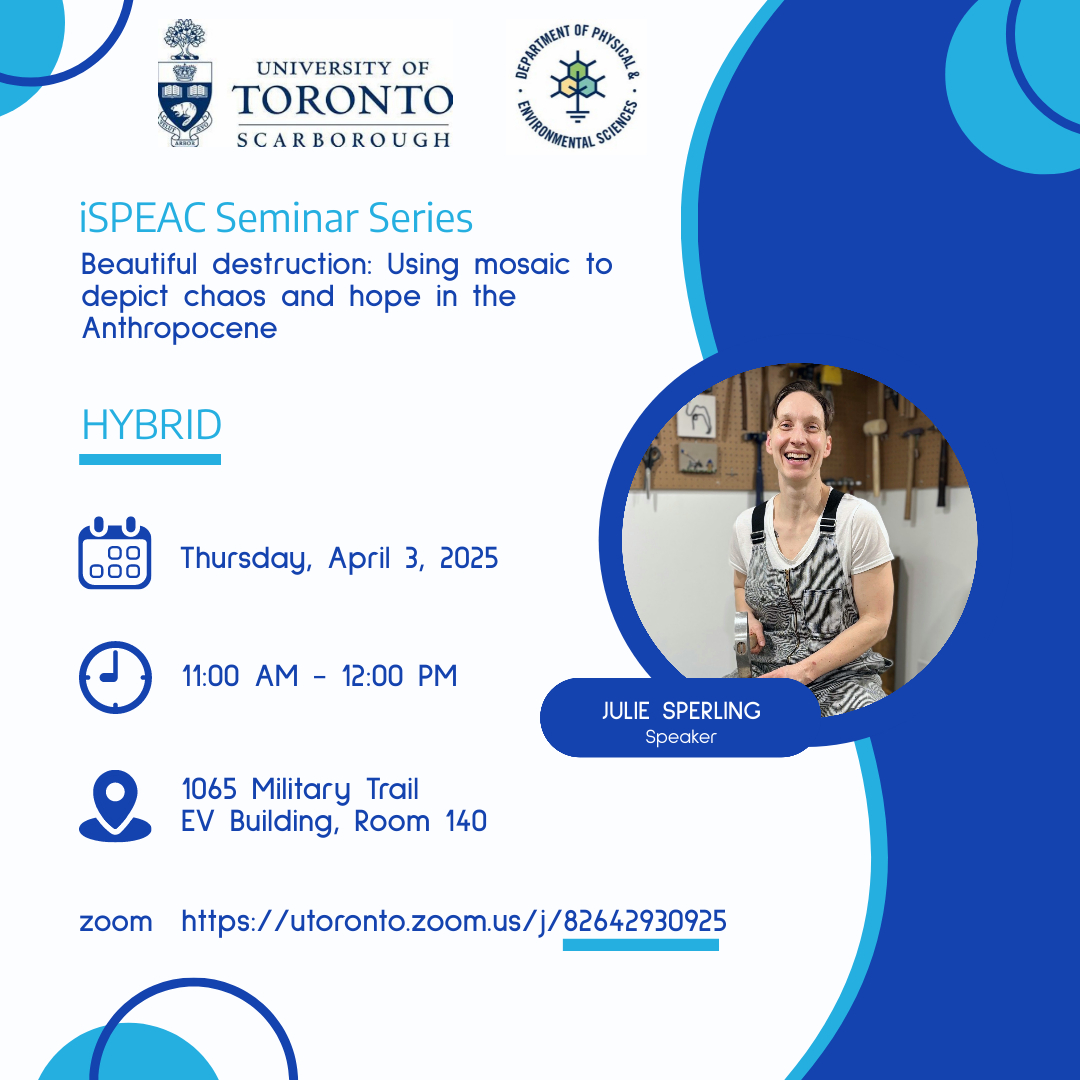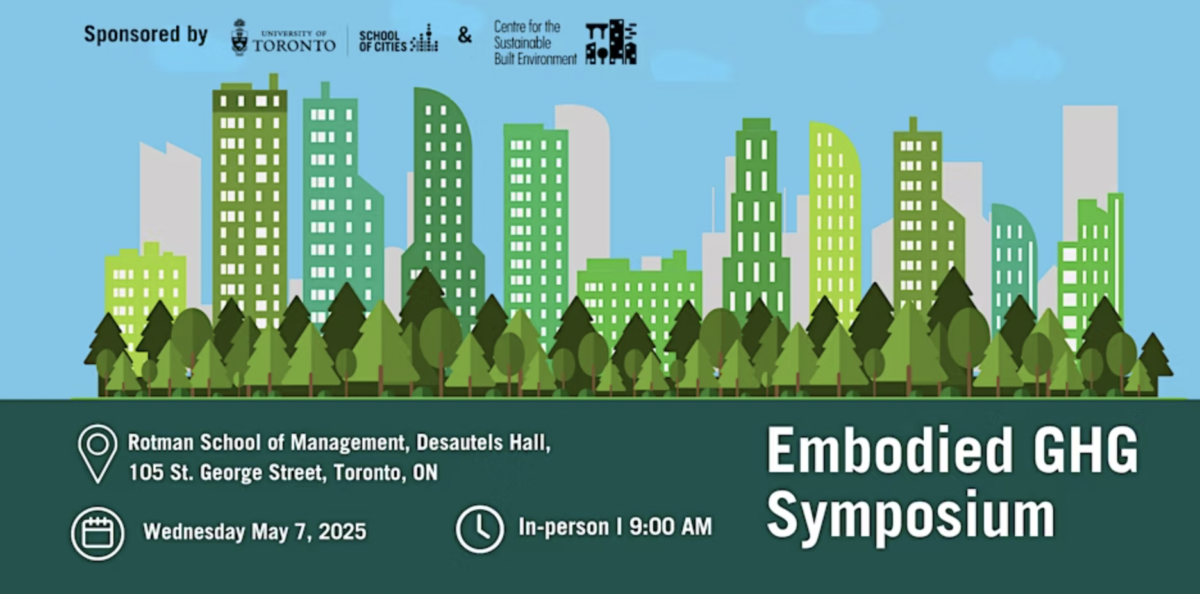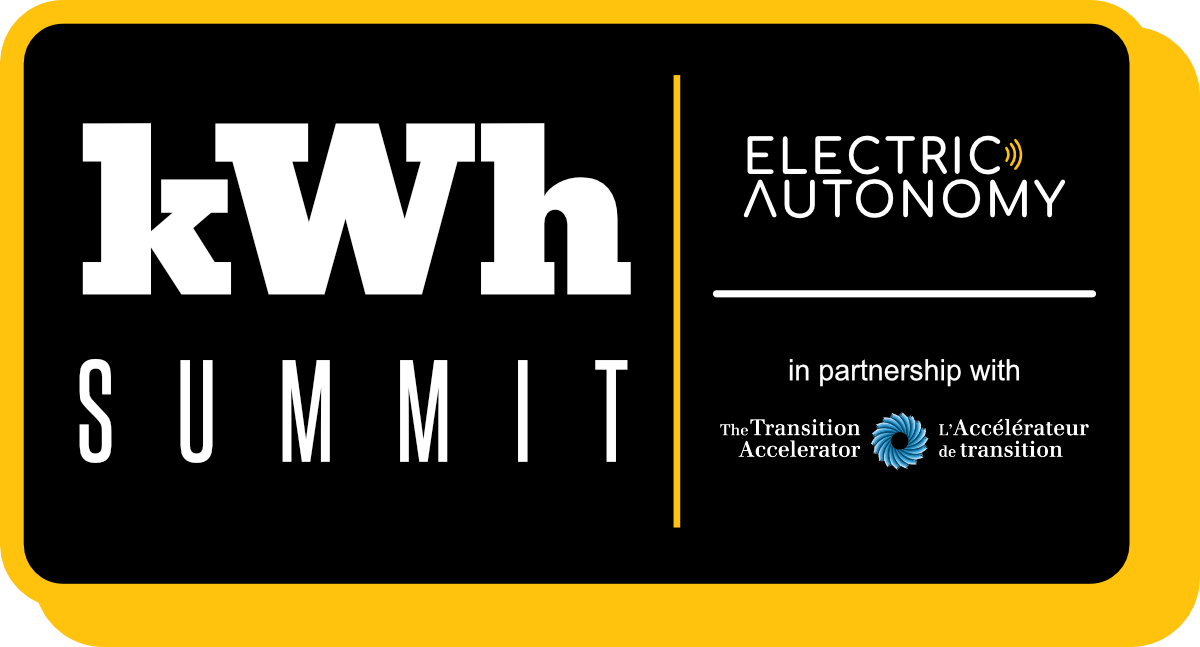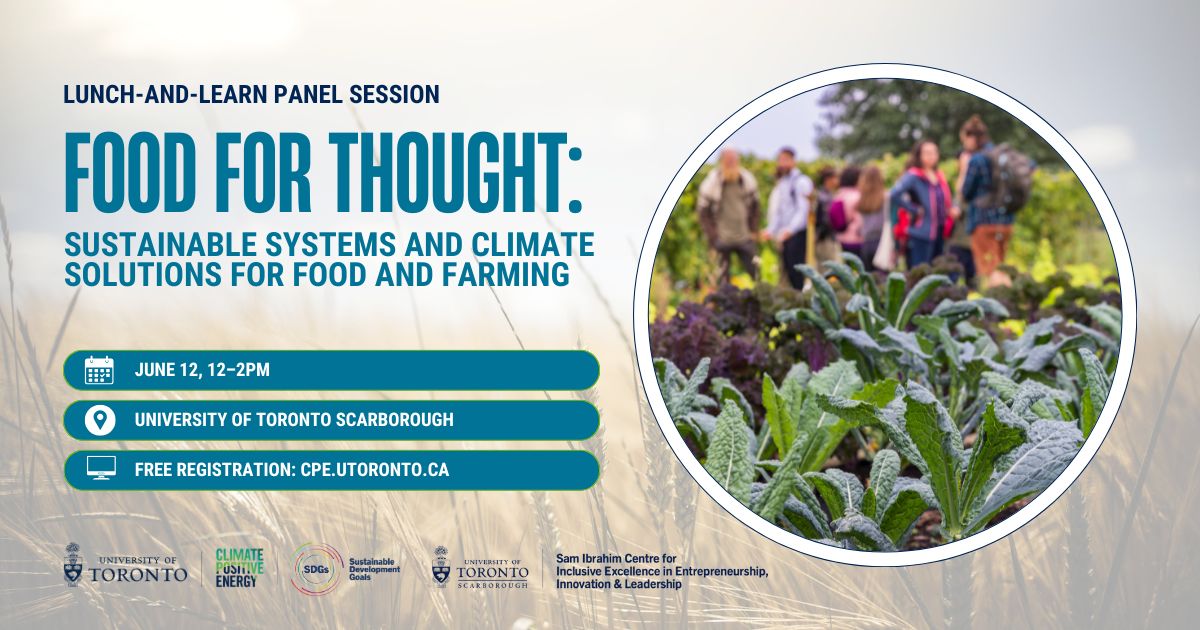iSPEAC Seminar: Interdisciplinary Genomics Wetland Research: Navigating the Microsystem and Macrosystem
Online and in-personThis presentation examines findings from a large-scale genomics-driven project on constructed wetlands for oil sands process-affected water remediation, integrating both microsystem and macrosystem perspectives. At the microsystem level, insights from First Nations and Métis communities on genomics and wetlands underscore the ethical inclusion of Traditional Knowledge. Scientific advancements in plant and microbial genomics, bioinformatics, plant […]
iSPEAC Seminar: Refining our interpretive understanding of causal environmental stress responses of freshwater microbiomes in sediments
Online and in-personIn this presentation, contrasting case studies highlighting natural (baseline) and anthropogenically impacted landscapes will be discussed. The focus will be on identifying and linking physicochemical processes to microbial community function using emerging omics for geochemical applications and ascertaining novel contaminant bioindicators. In many cases the activity of microorganisms can directly impact the chemical conditions in […]
Climate Positive Energy at True Blue Expo
Schwartz Reisman Innovation Campus 108 College St, TorontoConnect with the University of Toronto’s entrepreneurship community, including startups, accelerators, and ecosystem partners at the True Blue Expo on March 6. Visit the Climate Positive Energy booth as part of True Blue Expo 2025. As part of the Expo, speak with the founders of over 40+ of U of T’s top startups who will […]
Vulnerable Communities and Climate Justice: A Roundtable
Innis Town Hall 2 Sussex Avenue Toronto, ONOrganized by the Institute for Environment, Conservation and Sustainability (IECS), in partnership with Another Story Bookshop, Harbinger Media and the National Observer. The wealthiest are the largest contributors to greenhouse gas emissions, but it’s marginalized and working-class communities that bear the brunt of climate impacts. Join us for a roundtable discussion on the unequal burden […]
Race, Labor, and the Political Fractures of Climate Actions
Trinity College 6 Hoskin Avenue Toronto, ONOrganized by the Institute for Environment, Conservation and Sustainability, co-sponsored by Centre for Diaspora and Transnational Studies, School of the Environment, and the Centre for Comparative Literature. Matt Huber is professor of geography at Syracuse University and the author of Lifeblood: Oil, Freedom, and the Forces of Capital (U of Minnesota P) and Climate Change […]
iSPEAC Seminar: Biogeochemical Time Machines – Theory and Practice
Online and in-personThe early evolution of life on Earth was intimately coupled with the development of the oceans' chemical composition and redox conditions. The biogeochemical processes of the ancient oceans – today reflected in the chemical and isotopic compositions of sedimentary rocks – are studied by comparing the rock compositions with the chemical and isotope fractionation patterns […]
iSPEAC Seminar: A reactive transport perspective on steel corrosion in concrete and the (hidden) link to climate change
Online and in-personCorrosion of reinforcing steel is the most common cause of premature degradation of reinforced concrete structures, giving rise to large economic costs and imposing safety risks. Additionally, the construction sector is among the most important contributors to greenhouse gas emissions. Thus, the environmental impact is becoming an increasingly important consideration in the design of new […]
iSPEAC Seminar: Beautiful Destruction – Using mosaic to depict chaos and hope in the Anthropocene
Online and in-personDrawing on their extensive experience making art about climate change and the Anthropocene, Julie will make the case for mosaic—often seen as an underdog in the art world—as a powerful medium to tell these stories. They’ll walk you through several examples of their work, pointing out the various strategies they use for translating complex issues […]
Embodied Greenhouse Gas Symposium 2025
Rotman School of Management - Desautels Hall 105 Saint George Street Toronto, ON M5S 3E6How can Canada meet the simultaneous challenges of scaling up its infrastructure and housing to keep pace with population growth while also achieving ambitious targets for reducing greenhouse gas (GHG) emissions? Join the Centre for the Sustainable Built Environment for the 2nd Embodied GHG Symposium. This half day event will explore solutions to building more […]
kWh Summit
On May 13, 2025, at Hotel X in Toronto, Electric Autonomy's inaugural kWh Summit will bring together utilities, policymakers, and technology providers for a day of high-impact discussions on how to unlock the full potential of the electric vehicle transition. This is your opportunity to connect directly with the leaders setting the pace for grid innovation, including speakers from Hydro-Québec, […]
Food for Thought: Sustainable Systems and Climate Solutions for Food and Farming
UTSC Sam Ibrahim Centre (SICIEEIL) 1050 Military Trail, 2nd Floor, IA2000, Toronto, ON M1C 1A4Join Climate Positive Energy and SDGs@UofT at University of Toronto Scarborough for an engaging event exploring interdisciplinary climate solutions through the lens of food, farming, and sustainability. Hear from expert panelists discussing the future of agriculture, food security, agri-tech innovation, and sustainable food systems. Whether you're a student, industry leader, or changemaker, you are invited […]
Toronto Meeting on the Economics of Climate Change
The inaugural Toronto Meeting on the Economics of Climate Change (TMEC) will take place from June 20-22, 2025 at the University of Toronto. The meeting provides a forum for researchers across fields whose research concerns the economics of climate change. The keynote speaker is Mar Reguant of Northwestern University. Featured speakers include Robert Pindyck (MIT), Meredith Fowlie (UC Berkeley), and Ashwin Rode (University of Chicago). The organizing […]
